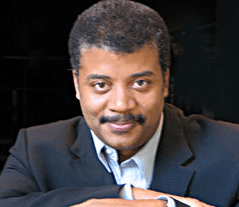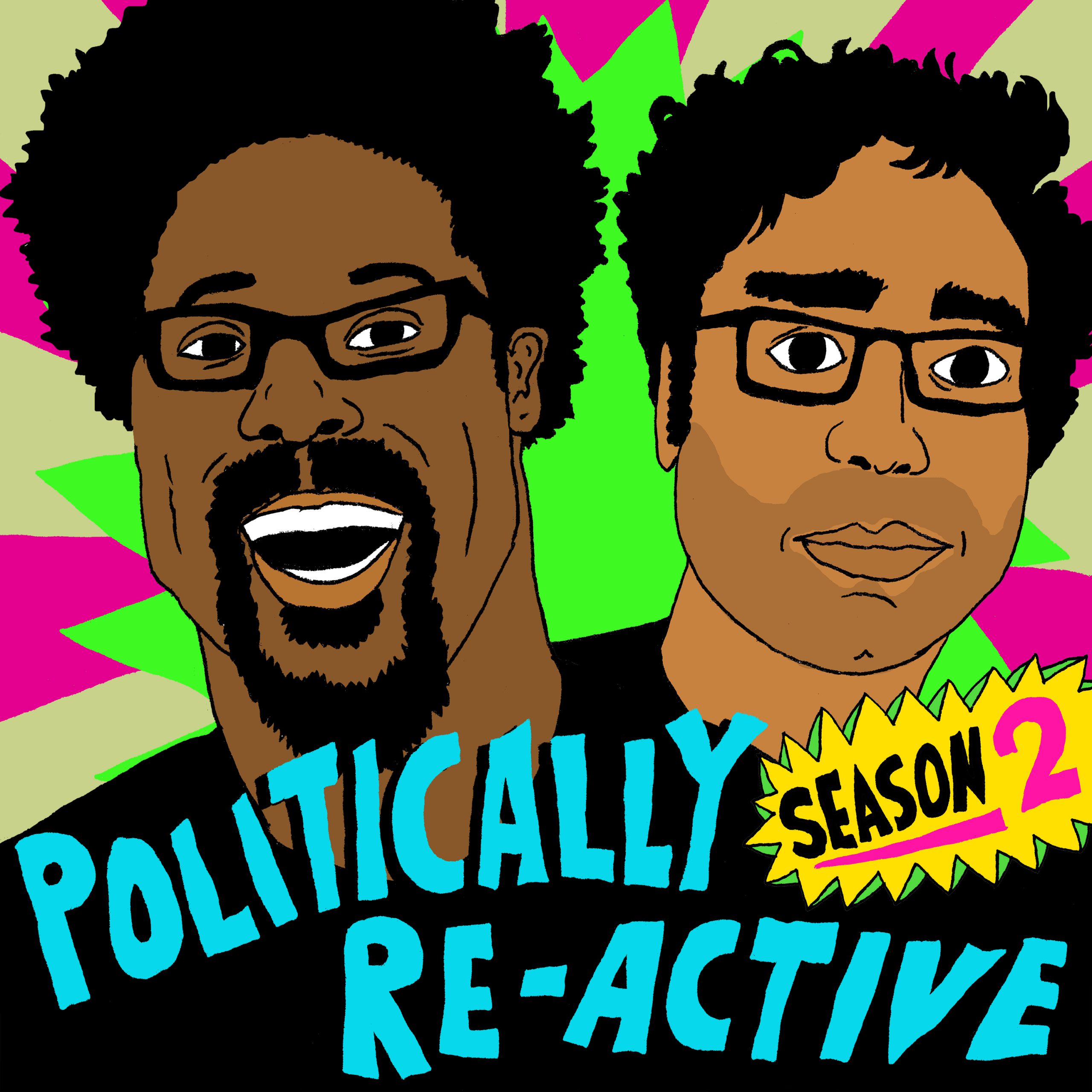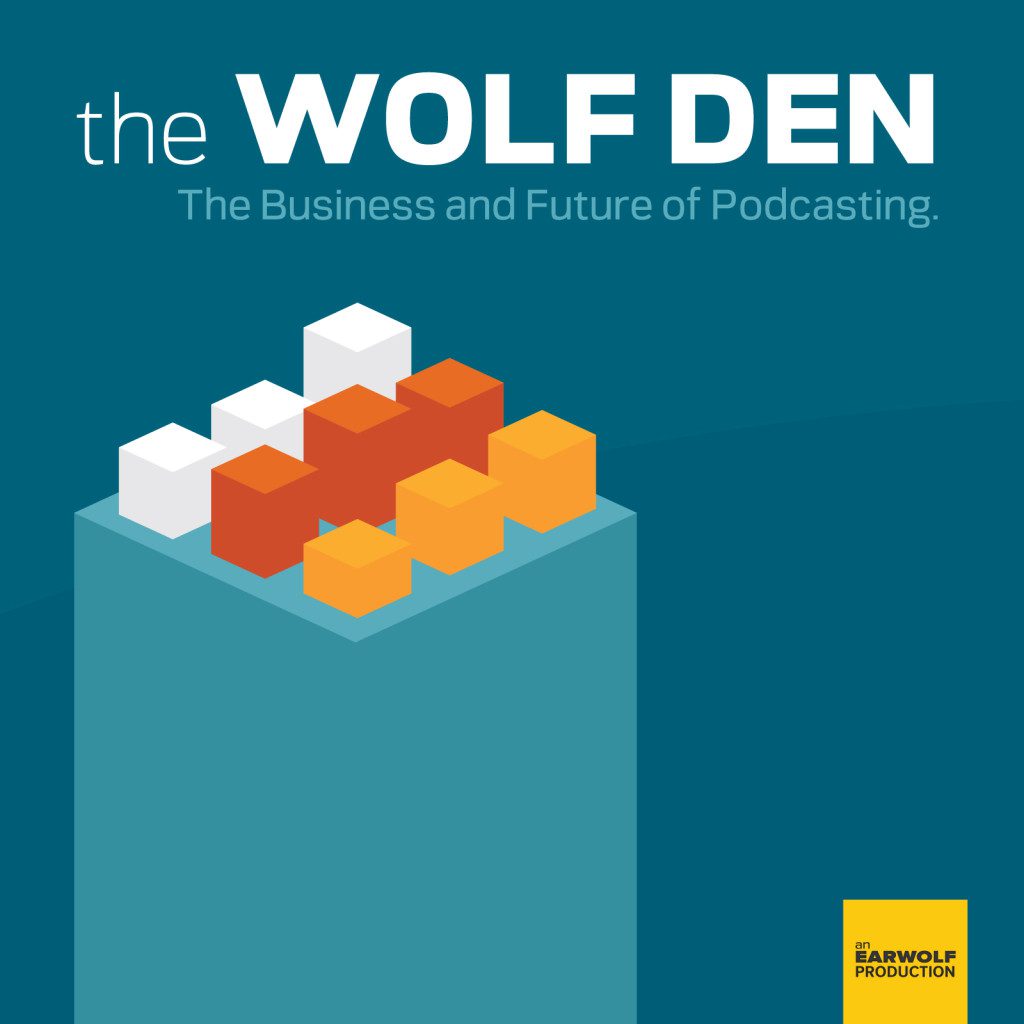
Neil deGrasse Tyson

Neil deGrasse Tyson is an American astrophysicist, cosmologist, author, and science communicator. He is currently the Frederick P. Rose Director of the Hayden Planetarium at the Rose Center for Earth and Space and a research associate in the department of astrophysics at the American Museum of Natural History. From 2006 to 2011, he hosted the educational science television show NOVA ScienceNow on PBS and has been a frequent guest on The Daily Show, The Colbert Report, and Real Time with Bill Maher. Since 2009, he has hosted the weekly radio show Star Talk. In 2014, Tyson hosted Cosmos: A Spacetime Odyssey, a sequel to Carl Sagan’s Cosmos: A Personal Voyage (1980) television series.
In May 2009, Tyson launched a one-hour radio talk show called StarTalk, which he co-hosted with comedienne Lynne Koplitz. The show was syndicated on Sunday afternoons on KTLK AM in Los Angeles and WHFS in Washington DC. The show lasted for thirteen weeks, but was resurrected in December 2010 and then, co-hosted with comedians Chuck Nice and Leighann Lord instead of Koplitz. Guests range from colleagues in science to celebrities such as Gza, Wil Wheaton, Sarah Silverman, and Bill Maher. The show is available via the Internet through a live stream or in the form of a podcast.
Guest Appearances
December 10, 2020
Neil deGrasse Tyson and Fumi Abe join Negin to solve the mysteries of the universe, including whether or not aliens wear cargo pants and what a restaurant on the moon would look like. Neil also explains the “Wild West Frontier” of Space law. Later on, they predict the future of right-wing news.
September 21, 2017
April 6, 2017
Neil deGrasse Tyson (the host of StarTalk) fell in love with the cosmos at age 9, on a visit to the Hayden Planetarium in New York City. Not only did he fulfill his childhood ambition of becoming an astrophysicist, today he’s the director of the Hayden Planetarium and one of America’s most beloved scientific educators. Dr. Tyson joins Katie and Brian to discuss science in the Trump era, the future of space exploration, and why a TV appearance in 1989 changed his life. Plus, he gives a preview of his latest book, Astrophysics for People in a Hurry.
This episode is brought to you by Varidesk (ww.varidesk.com/podcast), Credo Mobile (www.credomobile.com/katiecouric), Toyota Highlander 2, and Delta Airlines.
February 18, 2016
Just before The Wolf Den hits its 100th episode milestone, Adam takes a brief listen back to relive some highlights in what’s been an exciting six years in the evolution and growth of Midroll, and podcasting. Adam shares early clips from podcast innovators like Marc Maron and Chris Hardwick, along with entrepreneurs who were influential behind the scenes. We also listen in on some of the important milestones in podcasting and Midroll history, as heard on the show, and get some keen insights on podcasting from hosts like Paul Scheer, Matt Gourley, Paul F. Tompkins, Lea Thau, and Neil deGrasse Tyson.
December 18, 2014
Adam’s guest for this episode is the world’s best known astrophysicist–and an amazingly talented podcast host–Neil deGrasse Tyson. In this don’t-miss episode Neil discusses how hosting the StarTalk Radio podcast serves his mission to educate the public about science in a way that is accessible, fun, and—most importantly—informative. He explains that part of podcasting’s strength comes from the fact that “the versatility of pure audio is without equal.” Neil answers Adam’s questions about what he enjoys most and least about doing StarTalk, and if he receives any criticism or push-back from the scientific community for being so engaged with popular culture. Finally, in honor of it being Adam’s birthday on the day they recorded, Neil gives him a special science fact about his time on Earth.




